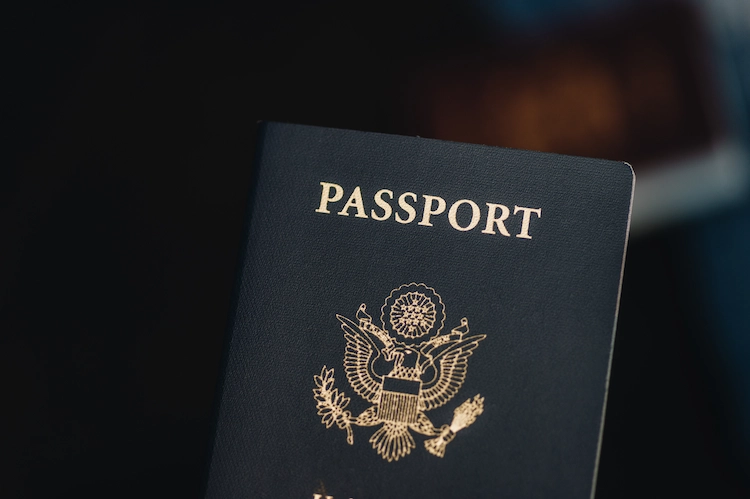SCOTUS Rules Double Jeopardy Bans Retrial of Defendant Found Non-Guilty by Reason of Insanity

In McElrath v. Georgia, 601 U.S. ____ (2024), the U.S. Supreme Court held that the State of Georgia can’t retry a defendant acquitted of murder by reason of insanity. The justices unanimously held that the jury’s verdict that Damian McElrath was not guilty of malice murder by reason of insanity constituted an acquittal for double jeopardy purposes notwithstanding any inconsistency with the jury’s other verdicts.
“We simply cannot know why the jury in McElrath’s case acted as it did, and the Double Jeopardy Clause forbids us to guess,” the Court held. “To conclude otherwise would impermissibly authorize judges to usurp the jury right.”
Facts of the Case
After petitioner Damian McElrath killed his mother, the State of Georgia charged him with three crimes related to her death: malice murder, felony murder, and aggravated assault. At trial, the jury returned a split verdict against McElrath: “not guilty by reason of insanity” with respect to malice-murder, and “guilty but mentally ill” as to the other counts.
On appeal, the Supreme Court of Georgia determined that the jury’s “guilty but mentally ill” verdict for felony murder was “repugnant” to the jury’s “not guilty by reason of insanity” verdict for malice murder under Georgia law, because the verdicts “required affirmative findings of different mental states that could not exist at the same time.” The court vacated both the malice-murder and felony-murder verdicts pursuant to Georgia’s so-called repugnancy doctrine, and authorized retrial.
On remand, McElrath argued that the Double Jeopardy Clause of the Fifth Amendment prohibited Georgia from retrying him for malice murder given the jury’s prior “not guilty by reason of insanity” verdict on that charge. The Georgia courts rejected that argument, and McElrath appealed to the U.S. Supreme Court.
Supreme Court’s Decision
The Supreme Court reversed. Justice Ketanji Brown Jackson wrote on behalf of the unanimous Court.
The Double Jeopardy Clause provides that “[n]o person shall . . . be subject for the same offence to be twice put in jeopardy of life or limb.” As Justice Jackson explained, “[I]t has long been settled under the Fifth Amendment that a verdict of acquittal is final, ending a defendant’s jeopardy, and . . . is a bar to a subsequent prosecution for the same offence.” Green v. United States, 355 U.S. 184, 188 (1957).
Justice Jackson went on to emphasize that once rendered, a jury’s verdict of acquittal is inviolate. “Whatever the basis, the double jeopardy clause prohibits second-guessing the reason for a jury’s acquittal,” Justice Jackson wrote. “As a result, ‘the jury holds an unreviewable power to return a verdict of not guilty even for impermissible reasons.’”
The Court next turned to Georgia’s argument that there was no valid verdict pursuant to Georgia law, and thus no acquittal. In rejecting the argument, the Court cited that whether an acquittal has occurred for double jeopardy purposes is a question of federal law, and a State’s characterization of a ruling is not binding on the Court. In this case, the jury’s verdict of not guilty by reason of insanity constituted such a determination. The Court further found it was “of no moment” that the verdict was accompanied by other verdicts appearing to rest on inconsistent findings
“An acquittal is an acquittal, even ‘when a jury returns inconsistent verdicts,’” Justice Jackson wrote. “As far as the Fifth Amendment is concerned, ‘[i]nconsistency in a verdict is not a sufficient reason for setting it aside.’” “This bright-line rule exists,” she emphasized, “to preserve the jury’s ‘overriding responsibility . . . to stand between the accused and a potentially arbitrary or abusive Government that is in command of the criminal sanction.’”
Previous Articles
SCOTUS Holds Wire Fraud Statute Doesn’t Require Proof Victim Suffered Economic Loss
by DONALD SCARINCI on June 24, 2025
In Kousisis v. United States, 605 U.S. ____ (2025), the U.S. Supreme Court held that a defendant wh...
SCOTUS Holds Wire Fraud Statute Doesn’t Require Proof Victim Suffered Economic Loss
by DONALD SCARINCI on June 17, 2025
In Kousisis v. United States, 605 U.S. ____ (2025), the U.S. Supreme Court held that a defendant wh...
SCOTUS Considers Birthright Citizenship
by DONALD SCARINCI on June 13, 2025
On May 15, 2025, the U.S. Supreme Court heard oral arguments in Trump v. CASA, Inc., Trump v. Washi...
The Amendments
-
Amendment1
- Establishment ClauseFree Exercise Clause
- Freedom of Speech
- Freedoms of Press
- Freedom of Assembly, and Petitition
-
Amendment2
- The Right to Bear Arms
-
Amendment4
- Unreasonable Searches and Seizures
-
Amendment5
- Due Process
- Eminent Domain
- Rights of Criminal Defendants
Preamble to the Bill of Rights
Congress of the United States begun and held at the City of New-York, on Wednesday the fourth of March, one thousand seven hundred and eighty nine.
THE Conventions of a number of the States, having at the time of their adopting the Constitution, expressed a desire, in order to prevent misconstruction or abuse of its powers, that further declaratory and restrictive clauses should be added: And as extending the ground of public confidence in the Government, will best ensure the beneficent ends of its institution.





